Writing the perfect cover letter is a subjective task, as it depends on the specific job you’re applying for and the preferences of the hiring manager or company. However, there are some general principles and guidelines that can help you create an effective and compelling cover letter. Here’s a step-by-step guide to help you write a strong cover letter:
- Research the Company and Job:
- Start by researching the company and the job you’re applying for so you understand the company’s values, culture, and the specific requirements of the position.
- Address the Hiring Manager:
- Whenever possible, address your cover letter to a specific person. Use their name and title (e.g., “Dear Mr. Smith,” or “Dear Hiring Manager” if you can’t find a name).
- Start with a Strong Opening:
- Begin your cover letter with a captivating and concise opening paragraph. Mention the specific position you’re applying for and how you learned about it.
- Highlight Your Relevant Skills and Qualifications:
- In the body of your cover letter, focus on your qualifications and skills that are directly relevant to the job. Provide specific examples of how your experience aligns with the job requirements.
- Show Your Enthusiasm:
- Express your genuine enthusiasm for the position and the company. Explain why you are excited about the opportunity and particularly what you admire about the company.
- Provide Evidence:
- Back up your claims with evidence and specific achievements. Use data and examples to demonstrate your accomplishments and how they can benefit the company.
- Tailor the Cover Letter:
- Customize your cover letter for each job application and highlight the skills and experiences that are most relevant to the specific job and company.
- Address Potential Concerns:
- If you have gaps in your employment history, are changing careers, or have other potential concerns, address them in a positive and proactive manner.
- Showcase Your Fit:
- Demonstrate how you are a good fit for the company culture. Particularly mention any shared values or experiences that make you a strong candidate.
- Conclude with a Strong Closing:
- End your cover letter with a strong closing paragraph. Express your eagerness to discuss your qualifications further in an interview.
- Include a Call to Action:
- Encourage the hiring manager to take the next step by inviting them to contact you for an interview. Express your availability and willingness to discuss your qualifications.
- Use Professional Language:
- Use professional language and tone throughout the cover letter, so avoid jargon, slang, or informal language.
- Proofread and Edit:
- Review your cover letter for spelling, grammar, and formatting errors. It should be error-free and easy to read.
- Keep It Concise:
- A cover letter should be concise and typically not exceed one page, so use clear and direct language to convey your message.
- Format Your Cover Letter:
- Use a professional format, with your contact information, the date, the recipient’s information, and a formal closing. So use a clean and readable font.
- Send as a PDF:
- When submitting your cover letter electronically, save it as a PDF so it retains its formatting.
- Follow the Application Instructions:
- Pay close attention to the application instructions provided by the company because some may request specific information or formatting.
Remember that a cover letter is your opportunity to make a strong first impression, so take the time to craft a unique and compelling letter for each job application. It should complement your resume and provide additional context about why you are the ideal candidate for the position. So follow these tips to write the perfect cover letter.







